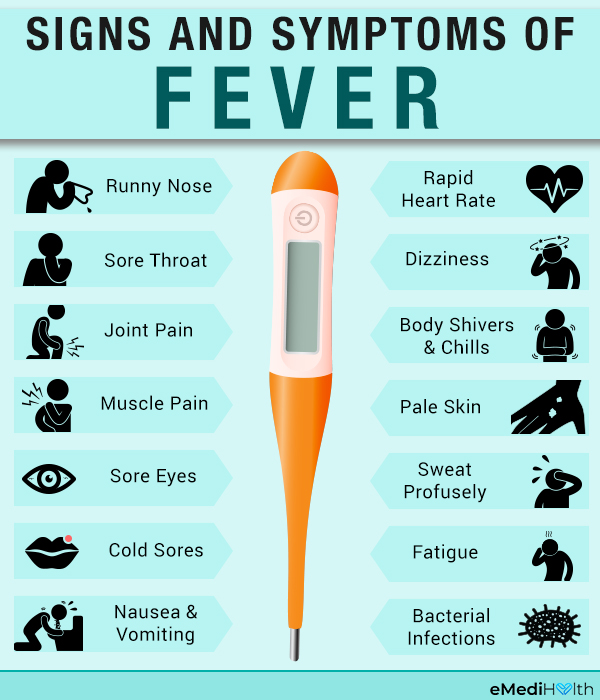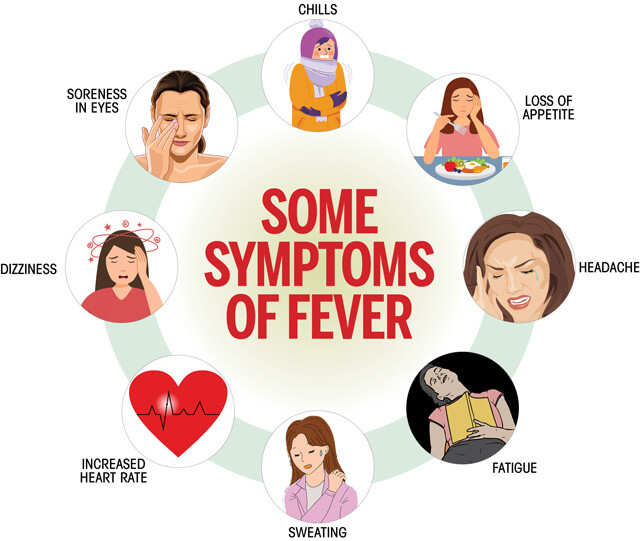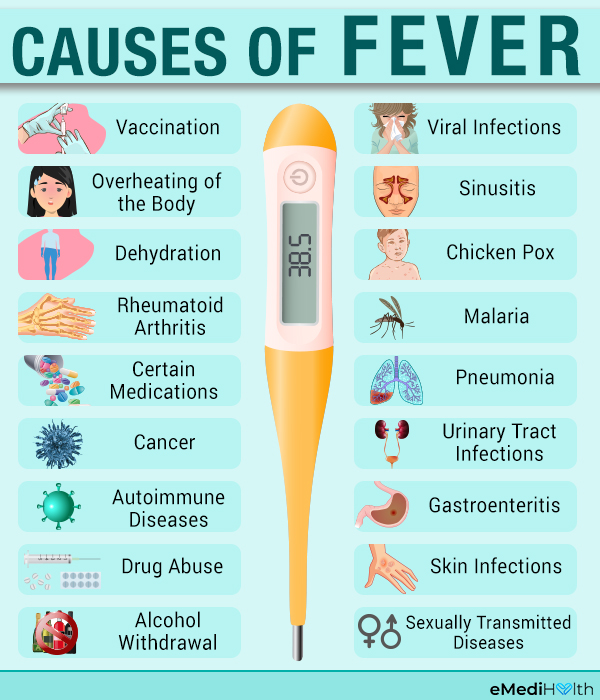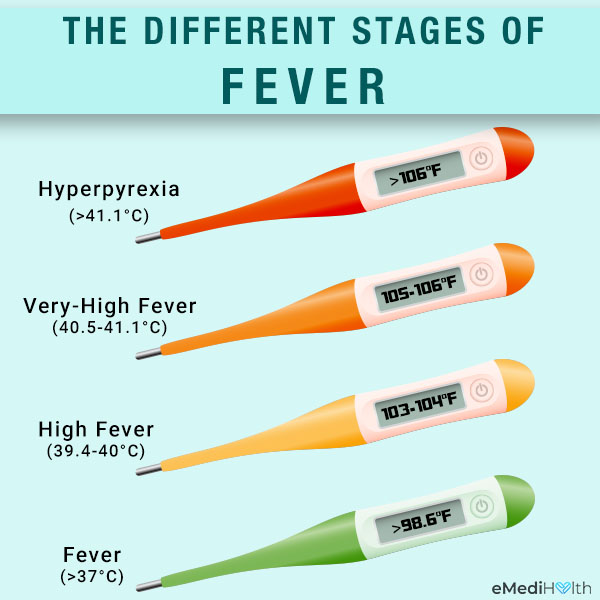Ideal Tips About How To Tell If Your Running A Fever
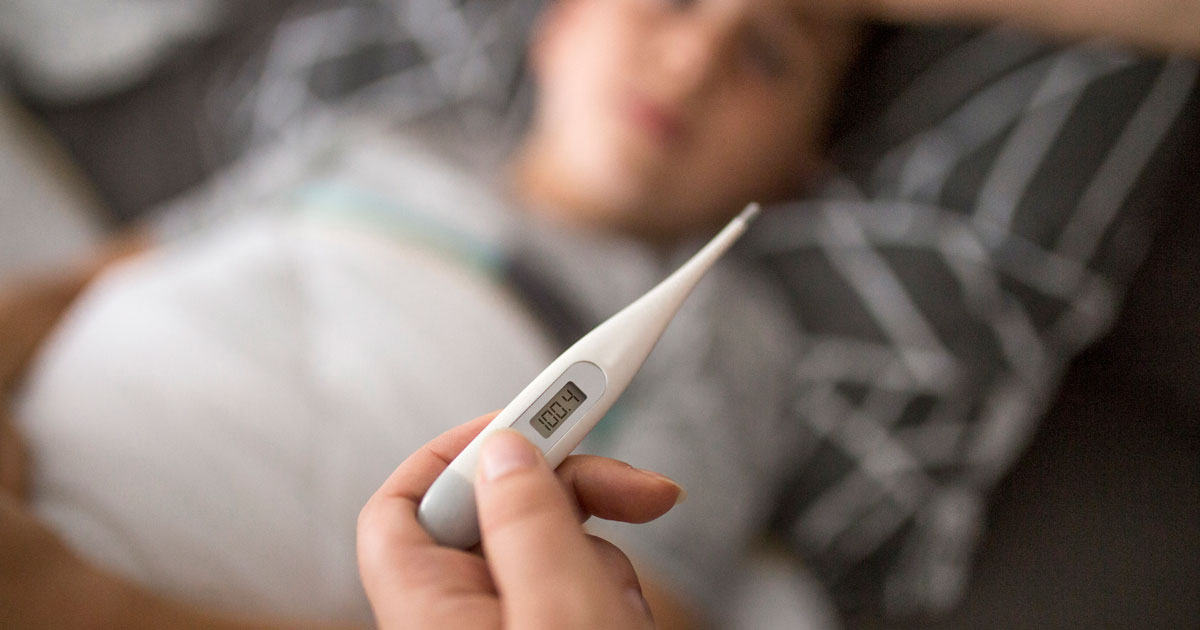
Call the doctor if the fever is accompanied by a severe headache, stiff neck, shortness of breath, or other unusual signs or symptoms.
How to tell if your running a fever. Taking a temperature by mouth is a better option for adults than for children and babies. Oral thermometers are used to take a temperature in the mouth. Common fever symptoms include sweating, chills, shivering, headache, muscle aches, loss of appetite, irritability, dehydration, and general weakness, according.
While any temperature above your normal temperature range is considered a fever, there are different levels of fever severity: If you feel hot or shivery, you may have a high temperature even if a thermometer says your temperature is below 38c. Mayoclinc.com states that serious symptoms associated with fever include severe headache, stiff neck, throat swelling, skin rash, sensitivity to bright light, confusion,.
How to recognize a fever in every age group and when to seek medical help. Fever is a terrible metric for deciding whether. You may have a fever if your temperature rises above this.
They usually have a digital readout, beep when the reading is complete, and may even alert you if the temperature is high enough to be considered a fever. Current guidelines from the centers for disease control and prevention (cdc) say that if you have covid, you should isolate from others for at least five days. A fever is when your body temperature is higher than.
Today was a hard & sad mom day. This is typically anything over 100.4°f (37.8°c). A fever is when your body temperature is higher than normal.
Depending on what's causing a fever, other fever signs and symptoms may include: Do i need to take my temperature?. A normal temperature range is 97.7 to 99.5°f (36.5 to 37.5°c).
If you experience other symptoms like severe headache, vomiting, confusion or a stiff neck, see a doctor. That means if you have mild symptoms like runny nose or sore throat—rather than more severe symptoms like nausea and shortness of breath —then. A fever is when you have a brief rise in body temperature that’s higher than your normal body temperature.
It’s also called a high temperature, hyperthermia, or pyrexia. Despite the new research, doctors don’t consider you to have a fever until your. In many cases, a fever is not something to worry about.
The only way to know for sure that you have a fever is by taking your temperature with a thermometer, confirms david erstein, md, an allergist and. These rules say people should isolate only if they have a fever and other symptoms are mild or improving. Anything above that is considered a fever and indicates that you are.
99.1 to 100.4 f (37.3 to. A fever is when your body temperature is higher than your normal average temp. Your normal body temperature ranges from 97°f to 99°f (36.1°c to 37.2°c).

